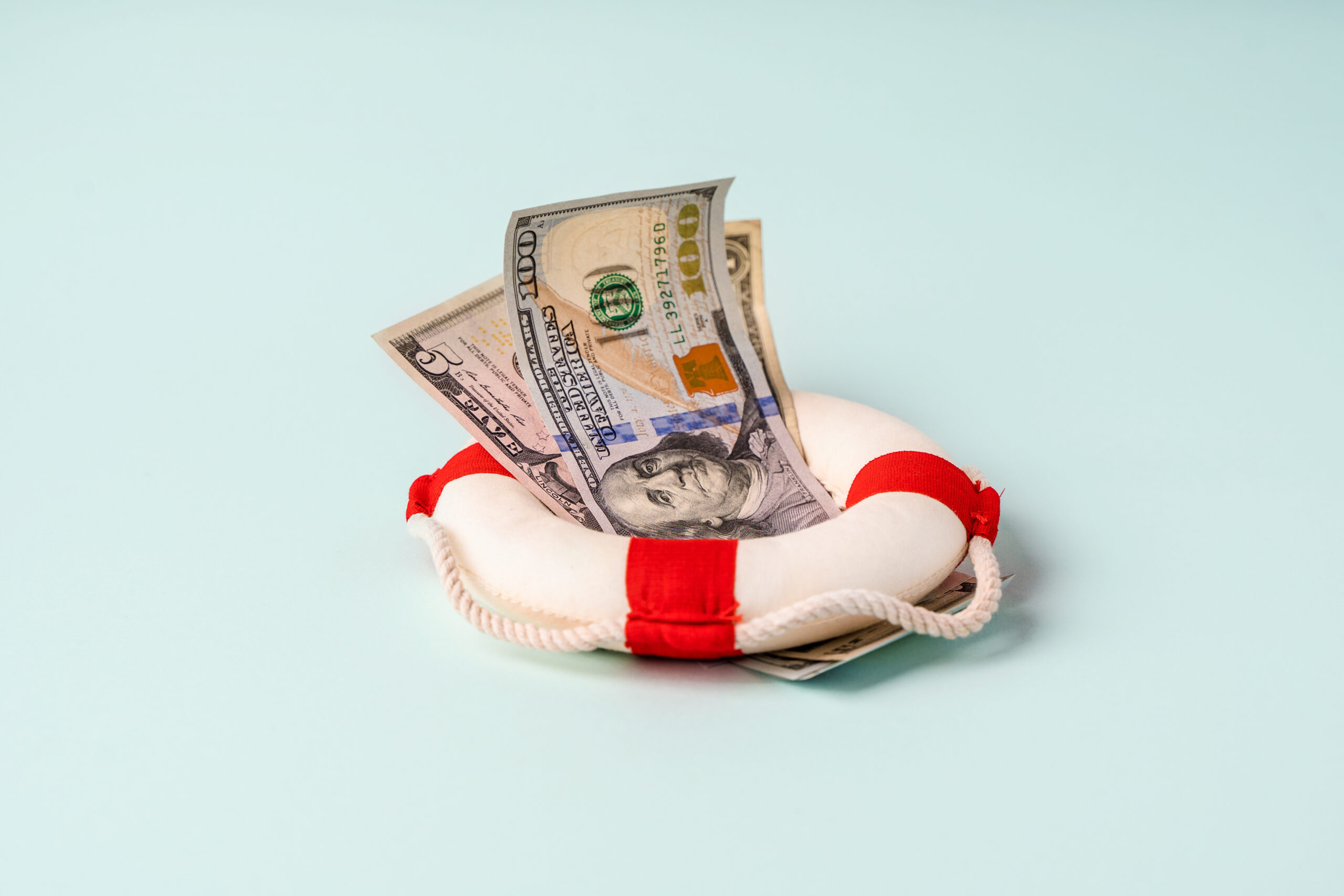Secure Emergency Funds When You Need it Most
Updated: Apr 05, 2025
Life is unpredictable, and unexpected expenses can strike when you least expect them. Whether you need immediate funds or want to start building an emergency safety net, it’s important to explore your options:

What to Do If You Need Money Now
Sometimes, emergencies can’t wait, and you need cash fast. If your situation requires immediate funds, here’s a deeper dive into how personal loans could be a solution:
Consider a Personal Loan
Personal loans can be a practical way to cover urgent expenses without turning to high-interest options like payday loans or credit cards. Many lenders offer fast approval processes, with some even providing same-day or next-day deposits directly into your bank account. This makes them ideal for emergencies where time is of the essence.
When searching for a loan, focus on terms that match your needs. Short-term loans with fixed rates can help you manage repayment without the risk of spiraling debt. Be sure to compare interest rates, fees, and repayment timelines across lenders to avoid overpaying.
If you’re unsure where to start, online lenders often specialize in fast cash for emergencies. Some offer streamlined applications, flexible terms, and prequalification options that let you check rates without impacting your credit score. This can help you secure a loan quickly while minimizing financial risks.
How to Start Building Your Emergency Fund
Building an emergency fund can feel overwhelming, especially if money is already tight. The good news? It’s possible to start small and grow your savings over time.
Set a Realistic Goal
Decide how much you want to save based on your monthly expenses. For example, if your rent, utilities, and groceries total $2,000 per month, aim for $6,000 for a three-month fund. If that feels too ambitious, start smaller—every dollar counts.
Open a Dedicated Savings Account
Keeping your emergency fund separate from your regular checking account prevents you from accidentally spending it. Consider using a high-yield savings account to earn a bit of interest while you save.
Automate Your Savings
Treat your emergency fund like a bill. Set up automatic transfers from your checking account to your savings account every payday. Even if it’s just $10 or $20 per paycheck, consistency adds up.
Cut Back on Non-Essentials
Take a close look at your budget and identify areas where you can save. Cancel unused subscriptions, cook at home more often, or skip a few coffee shop runs. Redirect that money into your fund.
Find Extra Income Sources
Look for simple ways to make extra cash, like selling unused items, freelancing, or taking on a part-time gig. Even temporary income boosts can give your savings a quick lift.
Securing Your Financial Future
Once you’ve handled the immediate crisis, it’s time to focus on building a stronger financial foundation. Start rebuilding your emergency fund as soon as possible, even if it’s just a few dollars at a time. Remember, the goal is progress, not perfection.
If you relied on a personal loan or credit card during your emergency, make a plan to pay it off quickly to avoid long-term debt. Look for ways to cut costs, earn extra income, and prioritize your payments to get back on track.
Protecting Your Emergency Fund
Once you’ve built your fund, it’s important to protect it. Here are some tips to ensure your savings are there when you need them:
Use It Only for True Emergencies
A sale on a new TV or a last-minute vacation doesn’t count. Save your fund for unexpected, unavoidable expenses like medical bills, car repairs, or job loss.
Replenish After Use
If you dip into your emergency fund, make a plan to replace the money as soon as you can. Treat it like any other financial priority.
Keep Your Fund Accessible
While it’s good to keep your fund in a separate account, make sure it’s still easy to access when you need it. Avoid investments or accounts with withdrawal penalties.
Staying Prepared
Building an emergency fund takes time and effort, but the peace of mind it provides is worth it. By taking small, consistent steps, you can create a financial safety net that helps you handle life’s curveballs without added stress. And if you’re facing an urgent need, there are resources and strategies to help you navigate tough times while staying on track toward your goals.
Final Thoughts
Emergencies don’t wait for you to be ready. Whether you’re starting from scratch or need money now, the key is to take action. With a solid plan and a bit of persistence, you can secure your financial future and handle whatever comes your way.

